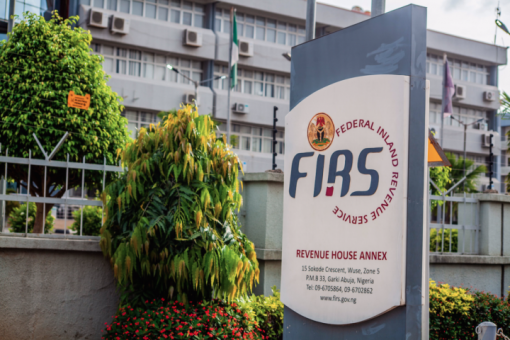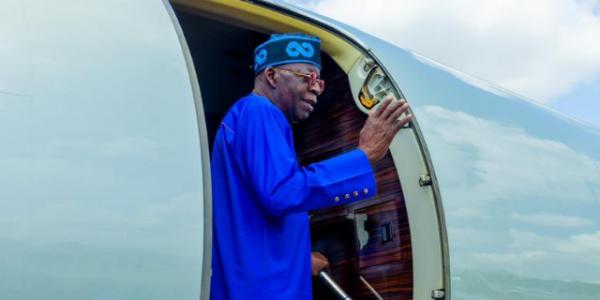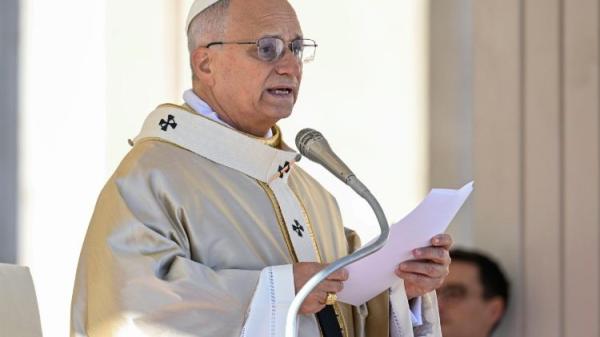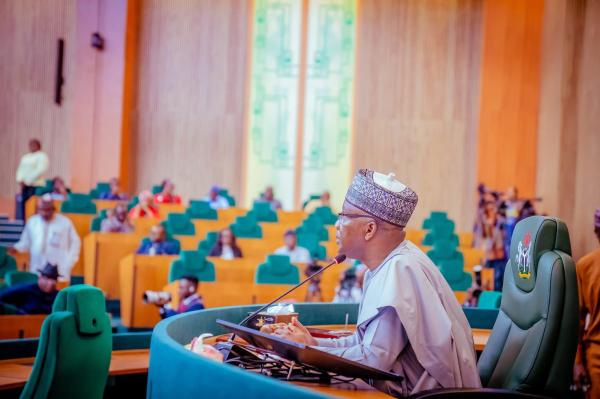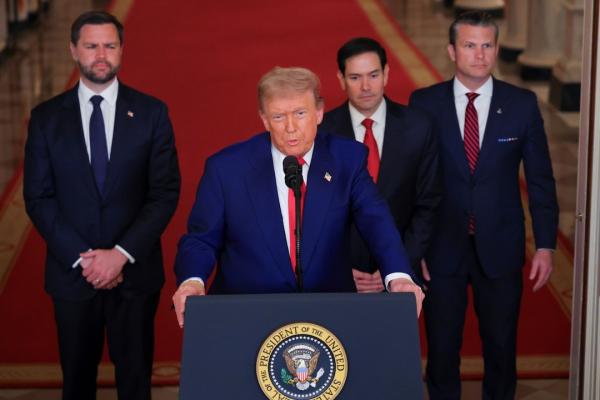
The U.S. government plans to shorten the validity period of visas for international students and journalists, the Department of Homeland Security (DHS) announced.
Under the proposed rule, F visas, which allow foreign students to study in the U.S., would be capped at a maximum duration of four years.
Currently, students are granted visas for the full length of their academic programs, which can exceed five years for doctoral degrees.
For foreign media professionals, visa validity would be limited to 240 days, with a possible extension of another 240 days.
However, journalists’ visas would not be allowed to exceed the duration of their assignments.
Any extensions would require applications through U.S. Citizenship and Immigration Services (USCIS), triggering additional security checks.
In the past, journalists from countries like Germany have received visas valid for up to five years.
“For too long, past administrations have allowed foreign students and other visa holders to remain in the U.S. virtually indefinitely,” the DHS stated, adding that this practice poses security risks and financial burdens, and may disadvantage U.S. citizens.
The proposed changes aimed to prevent visa abuse and allow for better oversight.
However, the proposal drew immediate criticism from the U.S. higher education community.
Miriam Feldblum, president and CEO of the Presidents’ Alliance on Higher Education and Immigration, warned the new rules would impose unnecessary burdens on students and institutions.
“The rule would force international students and scholars to regularly submit additional applications, disrupting their studies and straining university operations,” Feldblum said.
She added that the uncertainty could deter international talent from choosing the U.S. for their education and research.













